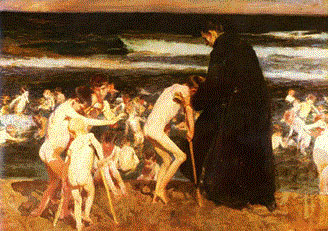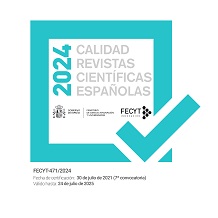Internationalization of Nursing Education and its Challenges
Abstract
Most universities and higher education institutions are involved in a process of improvement to raise their quality standards, contribute to students’ training and consequently raise their prestige and recognition by incorporating Internationalization in their programs. However, there are concerns regarding this issue, related to the political realities of countries and national security, the high cost of overseas studies, the incidence of transnational programs without accreditation, and the tendency of considering education as another product among others. In Nursing Education, Internationalization confers great benefits and overcomes the challenges to achieve means to continue positioning itself as a Discipline, Profession and Science. Therefore the aim of this paper is to reflect on the internationalization of education, and especially on this phenomenon from the perspective of Nursing, bypresenting the general context, problems, current status within the profession, the ways Internationalization can be achieved, and the challenges presented to us, considering that it is a complex issue with multiple stakeholders: countries, universities and higher education institutions, teachers and students.
Downloads
-
Abstract1014
-
PDF (Español (España))369
The works published in this magazine are subject to the following terms:
1. The Publications Service of the University of Murcia (the publisher) preserves the copyright of the published works, and encourages and allows the reuse of the works under the license for use stated in point 2.
© Servicio de Publicaciones, Universidad de Murcia, 2011 (© Publications Service, University of Murcia, 2011)
2. The works are published in the electronic edition of the journal under Creative Commons Reconocimiento-NoComercial-SinObraDerivada 3.0 España(texto legal) “ a Attribution-NonCommercial-NoDerivatives 3.0 Spain license (legal text)”. They can be copied, used, broadcasted, transmitted and publicly displayed, provided that: i) the authorship and original source of their publication (journal, publisher and URL) are cited; (ii) are not used for commercial purposes; iii) the existence and specifications of this license is mentioned.
3. Conditions of self-archiving. Authors are allowed and encouraged to electronically disseminate the pre-print (pre-reviewed ) and / or post-print (reviewed and accepted for publication) versions of their works prior to publication, as it ensures a wider circulation and dissemination which may lead to a possible increase in its mention and a higher scope among the academic community. RoMEO color: green.













